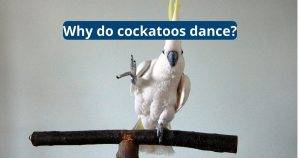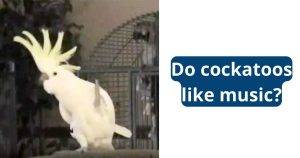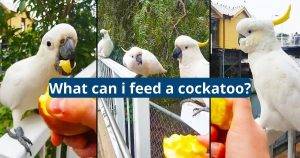The Red Factor Green Cheek Conure
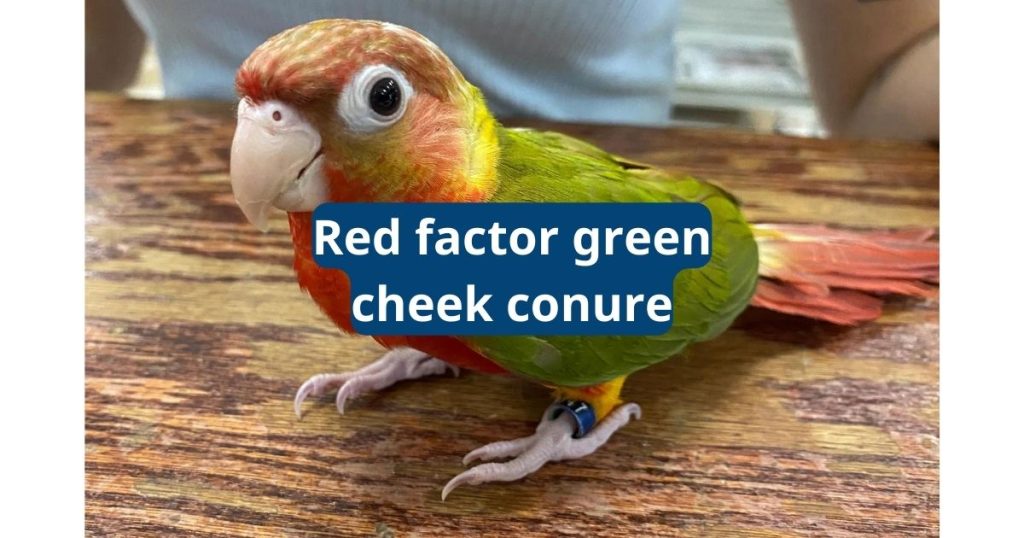
Green cheek conures are very intelligent and quick learners. They love their people and are quiet birds. They have oil-based preening glands and are great for those with allergies. With proper care, they can live 2-3 decades. The key is to choose a good breeder, one that will ensure healthy animals and quality living conditions.
Health
Pineapple green cheek conures can live for 25 to 30 years in captivity if they are well-cared for. They are susceptible to feather picking, so it is important to provide them with plenty of mental stimulation. They are also prone to respiratory problems like Aspergillosis and can develop heart conditions.
These birds are curious, intelligent and entertaining. They tend to bond with their owners and enjoy spending time with them. They can learn to play with toys and even roll on their backs to sleep or be scratched. They are good-natured, so they can also get along with other pets in the home.
In the wild, green-cheeks live in flocks and are often found on treetops where they feed on various fruits, seeds and plants. In captivity, they should be fed a variety of seeds and supplemental vegetables. They also need a lot of exercise to keep them healthy. This includes playing and climbing, so they should be given a spacious cage with plenty of toys.
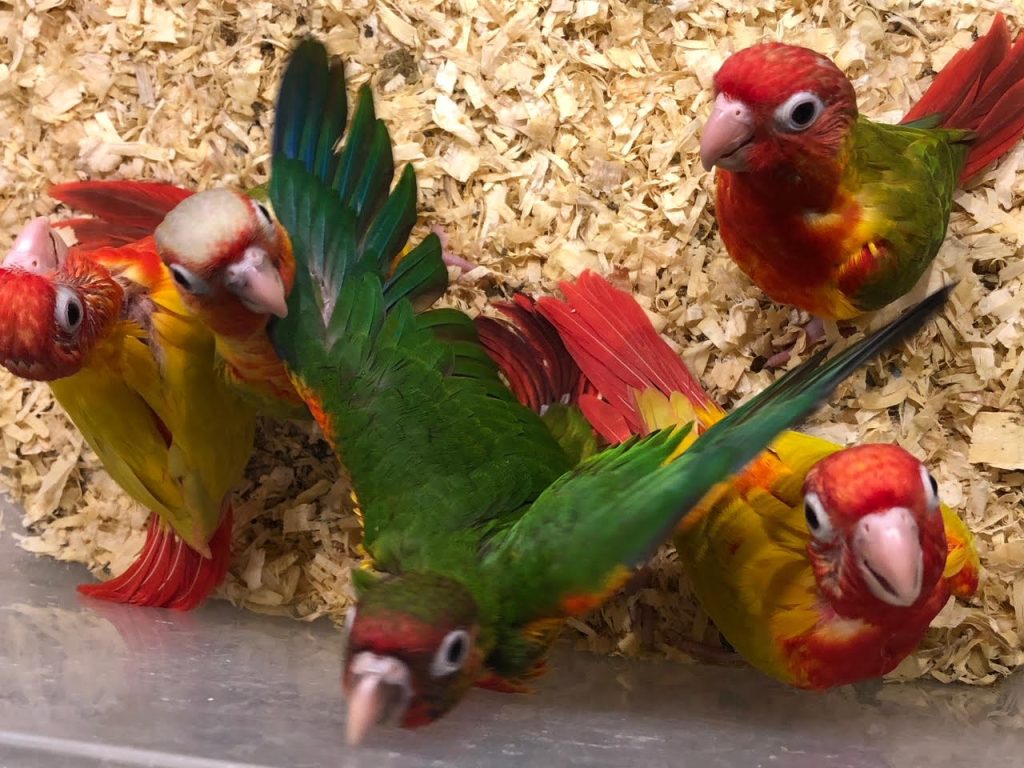
Feeding
Green cheek conures require a varied diet, including pellets in small doses and fresh fruit, vegetables, fortified seeds and grains. These must be accompanied by plenty of fresh, chlorine-free water that is changed daily.
They are a high-energy bird that requires a lot of attention and interaction to stay happy. In fact, they are often prone to boredom, which can lead to destructive behaviors like chewing and feather picking. To prevent this, provide a variety of foraging toys and rotate them into the habitat regularly.
These birds are intelligent and quick learners, but they are also quieter than most conures. This makes them a good choice for households with children. Additionally, they can be trained to do tricks such as hanging upside down and answering commands. These birds are able to talk as well, but their talking abilities depend on each individual bird.
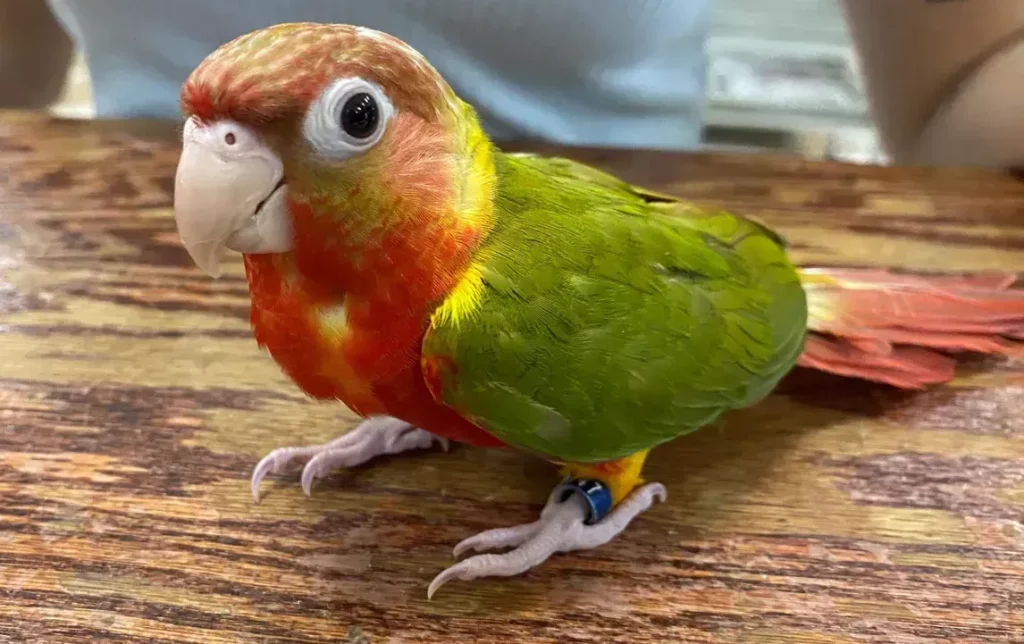
Care
Green cheek conures are very affectionate and playful, but they may become aggressive if they feel neglected. They will need daily exercise and socialization with their owners to stay healthy and happy.
They are among the quietest parrots and do not have extensive vocabularies, though they will learn some words with patience. They are able to pick up on voice inflection and mood, so it is important to use positive reinforcement.
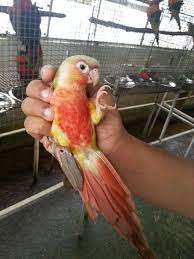
These birds enjoy having their heads and necks rubbed, but they may be less inclined to allow this if they are feeling stressed or bored. They also like to play with toys and other items outside their cage, so make sure that they have a good variety.
Pet stores and private breeders offer green cheek conures, but you can also find them at rescues, where they are often adopted by people who did not realize how much of a commitment bird ownership really is. These animals can cost anywhere from $75 to $350, depending on the location and seller.
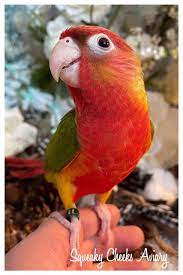
Training
While the green cheek conure lives in a flock in nature, they are social and playful birds that enjoy time with their humans. They can be taught to speak and to perform tricks, and they are intelligent and quick learners.
Wild green cheeks spend most of their day foraging for food and will often consume large amounts of fruit, seeds and vegetables. These foods contain sugar and can cause a lot of weight gain in these active birds.
The yellow sided green cheek mutation is a slightly more independent bird than the normal green cheek conure and will do well in households with children. Like the cinnamon green cheek, they are shy but will warm up with time and can be a very affectionate bird once they are comfortable with you.



